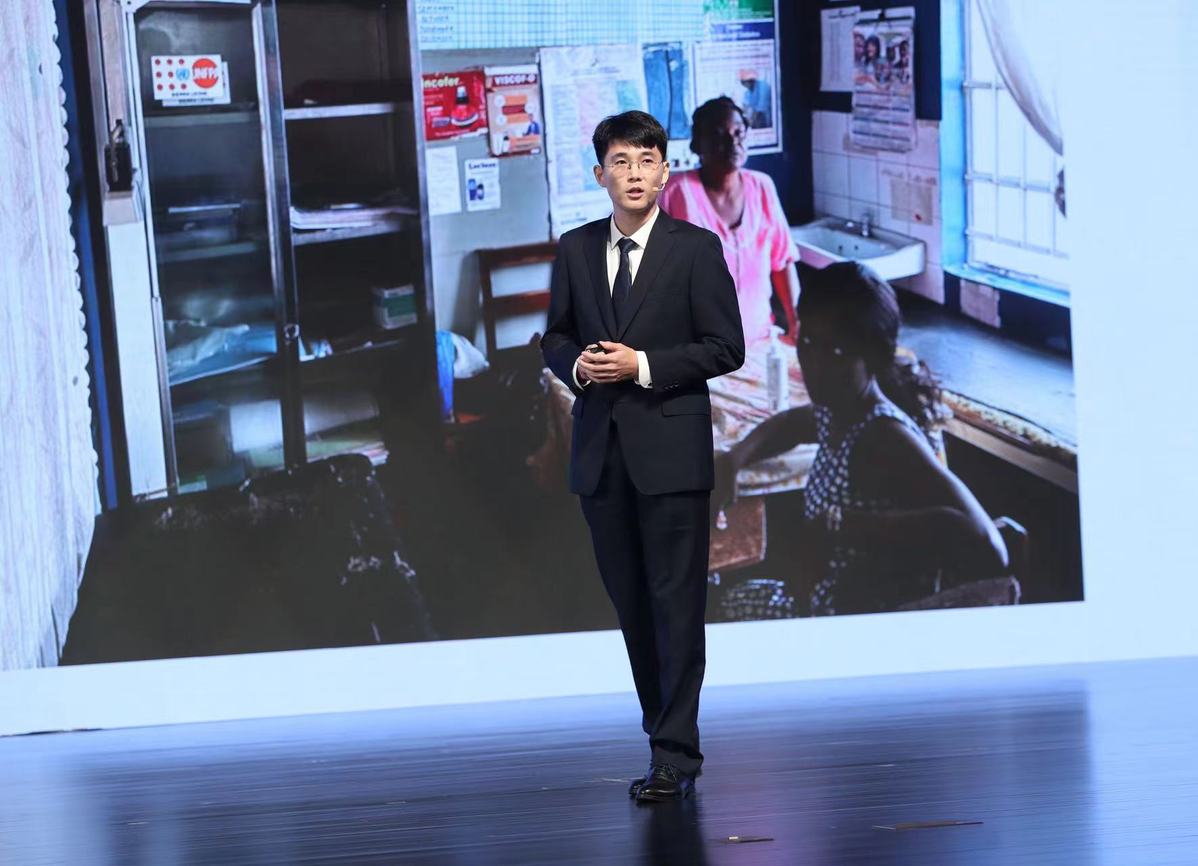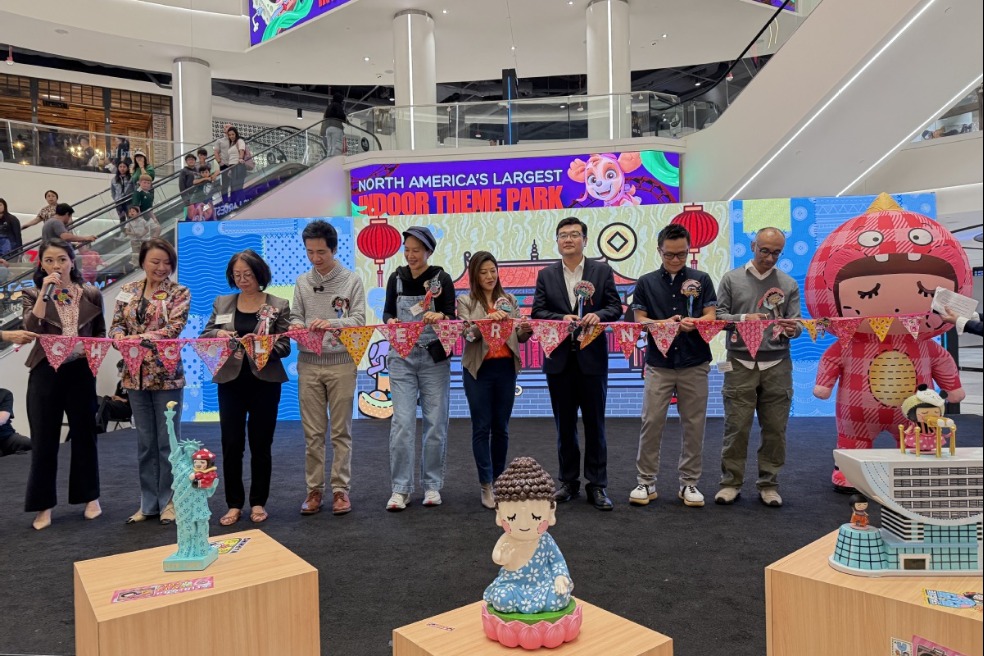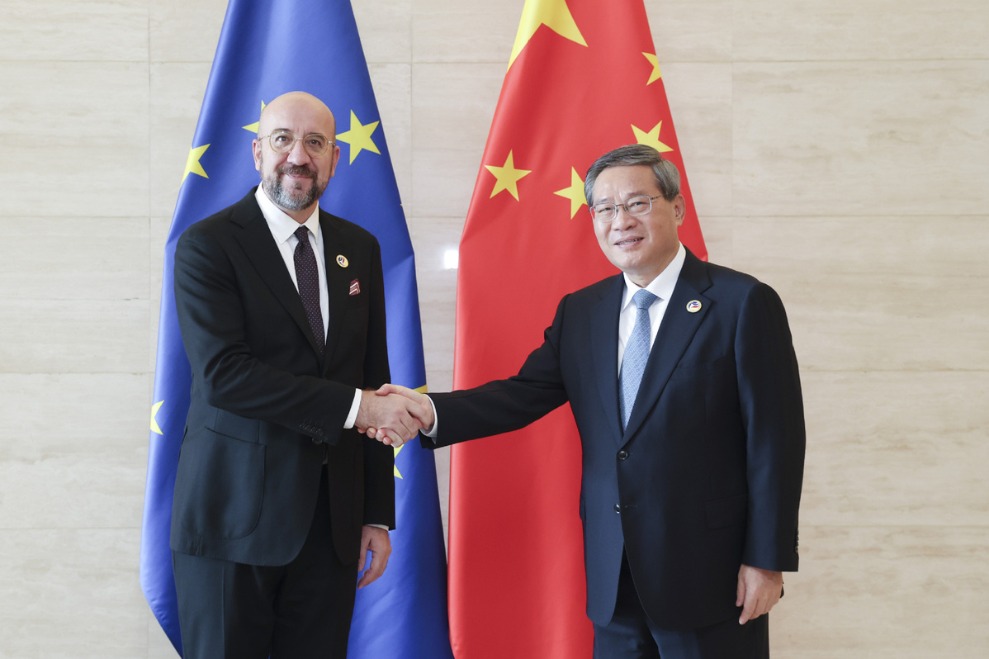BRI elevates women's healthcare in Africa


A young Chinese gynecologist who volunteered in West Africa has witnessed how the Belt and Road Initiative has promoted women's health in some of the world's most impoverished countries.
Tian Qi, a doctor from Hunan Provincial Maternal and Child Healthcare Hospital, traveled to Sierra Leone in July with several of his colleagues to treat cervical cancer.
The trip was sponsored by the Global Development and South-South Cooperation Fund, which was set up by the Chinese government and the United Nations Population Fund.
One of the fund's aims is to curb preventable maternal deaths in the global south, where thousands of BRI projects have benefited tens of millions of people.
In Sierra Leone, cervical cancer is the second-most common cancer among women, Tian said at a Vision China event on Friday in Taicang, Jiangsu province. The theme of the event was "Youth Generation: Powering the Future of the Belt and Road".
He said that more than 500 women in the country are diagnosed with the disease each year and about 70 percent of the patients die within a year of their diagnoses.
However, Tian stressed that the seemingly fatal condition — overwhelmingly caused by HPV, or human papillomavirus — can be easily prevented via a mix of vaccination campaigns and early screening.
"No women should die from cervical cancer," he said.
Tian, who received training in the United States and Germany, said he had confronted many unexpected challenges performing his duty in the poorly resourced West African country.
"The power went off frequently, even during surgical procedures, and doctors sometimes needed to use flashlights to complete surgeries," he said.
At the hospital where he volunteered, the colposcope — the device used to examine the cervix, vagina and vulva for signs of disease — had been broken long before he arrived.
To fix the problems, Tian and his colleagues repaired the device and opened a screening clinic — which is free of charge — and trained local nurses and midwives to perform screening checkups.
"But in the beginning, no one heard about this clinic and very few patients came for screening," he said.
To reach the younger generation, Tian said, they resorted to TikTok, Instagram and other popular social media services. They also reached out to some local internet influencers to bolster publicity, which turned out to be a successful strategy.
"The clinic quickly filled up with patients," he said.
To make the exchanges sustainable, the visiting Chinese doctors proposed to create the Online Support System, which allows local health practitioners to consult with their Chinese counterparts on the internet.
"Through these experiences, I've come to realize that the BRI from China will enable a new generation of young doctors to engage in the cause of improving women's health in Africa with their expertise and cutting-edge technologies," he said.

































